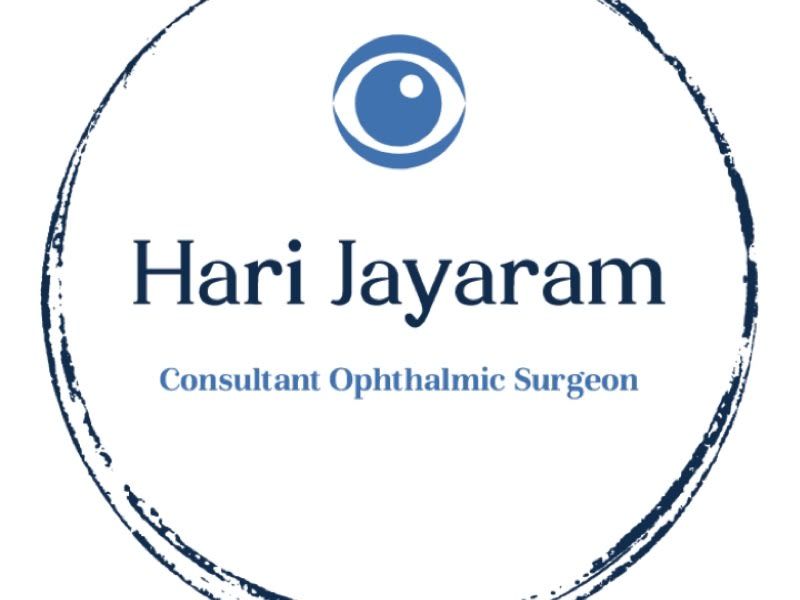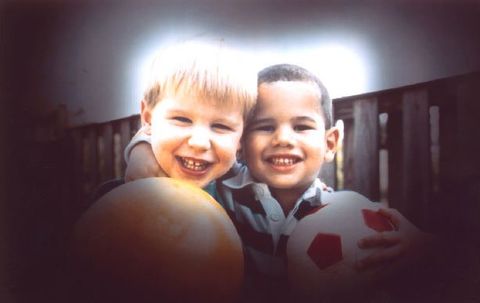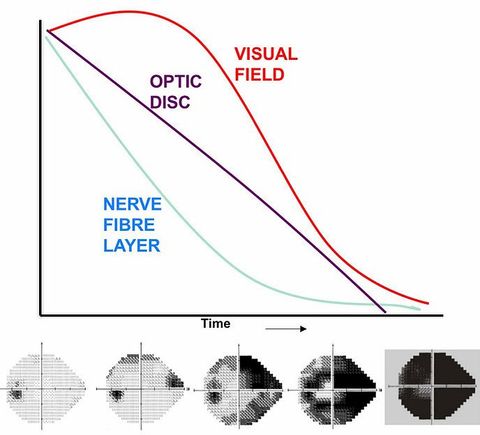London based specialist in glaucoma and cataracts
Dr Hari Jayaram is an expert in the screening and treatment of glaucoma and cataracts.
What is glaucoma?
Glaucoma is a leading cause of irreversible worldwide blindness characterised by damage to the optic nerve which connects the eye to the brain. The damage and loss of sight from glaucoma is related to high pressure within the eye, although sight loss from glaucoma can be seen in patients with normal eye pressures. Typically glaucoma affects the outer part of the vision and progresses to eventually involve the central vision.
There are many causes for glaucoma which can be divided into Primary Open Angle Glaucoma, Primary Angle Closure Glaucoma and Secondary Glaucomas. The majority of glaucomas do not cause symptoms to patients until significant loss of vision has occurred and therefore early detection, diagnosis and treatment is essential to maintain good vision throughout life. A diagnosis of glaucoma is made by clinical examination of the eye including the optic disc, testing of the visual field and using state of the art imaging techniques to study the innermost layer of the retina (nerve fibre layer) which goes on to form the optic nerve, which is damaged in glaucoma. Appropriate treatment can prevent the natural course of glaucoma.
The initial treatment for most types of glaucoma is the lowering of eye pressure, which can be achieved using outpatient laser treatment or long-term eye drops. If this approach is inadequate, then a variety of surgical interventions are available to lower eye pressure - ranging from minimally invasive devices to enhance the drainage channels (Hydrus Microstent, iStent) performed in isolation or in conjunction with cataract surgery, microinvasive devices to drain fluid from the eye (PRESERFLO™ MicroShunt), traditional filtration surgery (trabeculectomy) and the insertion of drainage devices (Paul Glaucoma Implant, Baerveldt Glaucoma Implant, Ahmed Valve). All surgery for glaucoma can be performed on a day-case basis or with an overnight stay at Moorfields Eye Hospital.
Glaucoma is more common in individuals with a family history, extremes of spectacle correction and in people of African or Caribbean heritage. Accurate and timely diagnosis, treatment and monitoring are essential to ensure that glaucoma does not impact patients' quality of life, or their ability to work or drive.
What are cataracts?
A cataract is the clouding of the natural lens in the eye which occurs as people get older. Development of cataracts can occur more rapidly after glaucoma surgery, and special care is required in the management of such cases in order to prevent failure of any previous surgical intervention to lower the eye pressure.
Patients with cataracts may notice a gradual deterioration in the quality of their vision over time, with an increased need to frequently update their spectacle prescription. Other symptoms may include difficulty in reading and performing close work, and glare or dazzle from oncoming headlights when driving a motor vehicle at night.
Cataract surgery involves using ultrasound ("phacoemulsification") to break down and remove the cloudy lens, followed by injection of a plastic lens that stays in the eye forever. Surgery is usually performed as a day case using drops alone to numb the eye, however more deeper numbing of the eye and even sedation is possible should patients desire. The operation takes around twenty minutes and the significant improvement in vision is usually noticed within the first few days after surgery. Following surgery, patients do not usually require glasses for distance vision, but reading glasses may be required.
“If you are you having symptoms affecting your vision from cataracts, please get in touch at: contact@hjglaucoma.com.
Are you worried about glaucoma, cataracts or your eyesight?
Dr Hari Jayaram carries screening assessments and the latest treatments for glaucoma and cataract at Moorfields Eye Hospital in London. Please contact us thought the form below to book an appointment.







